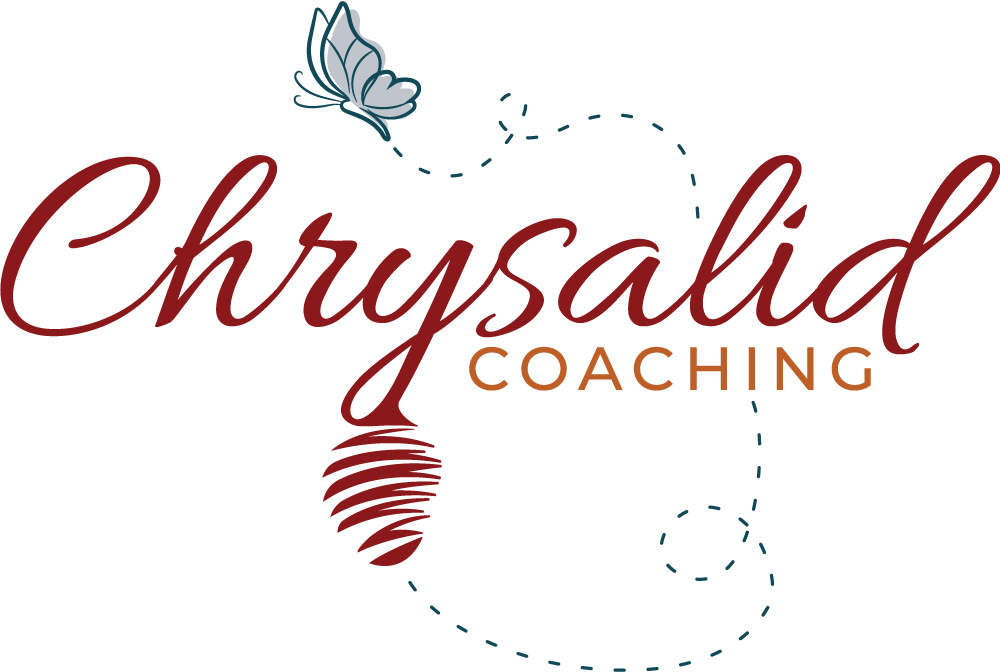Your Side. My Side. The Truth.
I sat at the computer, thinking carefully about my words, what I wanted to express and how it would be received. I thought about the time that had passed, wondering if any combination of words would change hearts and minds. I had no answers. I just started to type.
I was not as patient with you as I could have or should have been. For that, I apologize.
I don’t know what you were dealing with then and I’m not sure I dug deep enough to try to figure it out or show you compassion. Even after, that may have been helpful. Again, I apologize.
You deserved better than that from me. I do hope you will forgive me and that we can move forward, better.
In a matter of minutes I received a response, “I’m glad we can move on. Of course I forgive you.”
I stared at the screen with tears in my eyes, consumed by a mix of guilt, disappointment and gratitude.
Guilt because I lost three years of connecting while recreating the stories of rejection, envy and embarrassment that defined so much of my childhood.
Disappointment because, without realizing it, I chose to hold those stories close, reacquainting myself with them as though they were my long lost grade school friend.
Gratitude because, in a few short sentences, I chose to create a new story, one that opened the door to forgiveness, growth and healing.
We have all been in situations with loved ones where we feel we have been slighted. When this happens we can easily get caught in an emotional cycle of measuring our degree of right-ness against their degree of wrong-ness as we wait for an impassioned (impassioned = milld groveling) apology.
We may even find ourselves mentally creating detailed infographics designed to ensure we are well-prepared for the moment of truth. In all of the mental measuring and infographic creating, we become attached to the hurtful story — a story that reminds us of other stories we have heard, told and lived.
Along the way, we become so attached to an expectation for redemption (redemption = mild groveling) that we lose sight of the power we give away and opportunities we miss. Eventually, the attachment to those expectations slowly (and quietly) morphs into a pain that blocks our ability to even consider that we may actually share responsibility in the wrong-ness.
I know. OUCH!
Shared responsibility?
I know. That sounds a bit cooky. But it is real.
I believe that there are three sides to every story — Yours, Mine and the Truth.
We show up in the world believing our reality matches that of those around us. Unfortunately, that is not always the case. But, there is always the possibility of finding a middle ground…if we allow ourselves to be open to it.
I realize now that, had I been open to the “middle ground” three years sooner, I might have realized just how deeply the person that I felt hurt me was, herself, hurting.
Unsure how to explore shared responsibility when you have been hurt?
As much as we want to someone who has wronged us to acknowledge our pain, it is important to remember that even if that does not happen, it does not diminish the value of our feelings. No matter what, we have to acknowledge and honor our truth…whether the other person does or not.
Replaying the story again and again, whether in our head or with friends, is not typically helpful. What is helpful is sharing with someone we trust to be level headed. A fresh, unbiased perspective can go a long way in helping us connect to that “3rd side of the story”.
As challenging as it may feel to consider where someone else is coming from, it can be transformative for us as individuals to ask, “What might I be missing?” Even if we cannot come p with an answer, the simple act of pausing to be curious can shift our energy. And remember, our energy is the only energy we can control.
Do you feel stuck in a grudge and just can’t figure out how to communicate your way out? Let’s talk about it!
Message me to set up your complimentary consultation.


